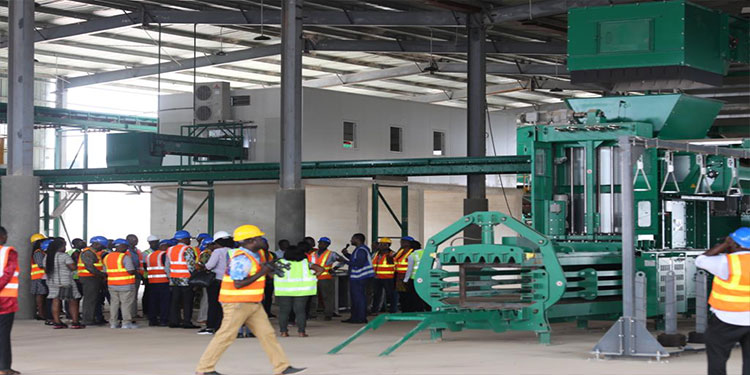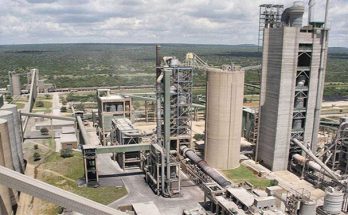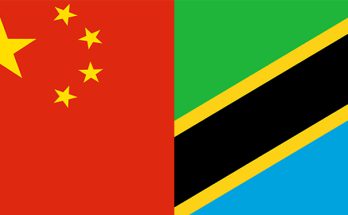 Ghana’s President, Nana Addo Dankwa Akufo-Addo, has commissioned an Integrated Composting and Recycling Plant with a capacity to process 2,400 tonnes of waste daily.
Ghana’s President, Nana Addo Dankwa Akufo-Addo, has commissioned an Integrated Composting and Recycling Plant with a capacity to process 2,400 tonnes of waste daily.
The new integrated recycling plant is located in Adagya in the Bosomtwe District of the Ashanti Region and is said to cost around US$95 million.
According to a statement by Ghanaian officials, when fully operational, the plant is projected to create employment for at least 2,300 people, 800 of them being directly employed in the plant.
While waste management is a nationwide issue in Ghana, it’s most obvious in Kumasi, one of the fast-growing city in Ghana that generates about 3,000 metric tonnes of waste a day.
In Kumasi just like in many of Ghana’s towns, waste collection is not efficient and gutters are persistently clogged, despite pressure on government and promises in return.
Back in 2012, the World Bank assessed that poor sanitation was costing Ghana’s economy around 420 million Ghana cedis ($290 million) each year, equivalent to 1.6% of its GDP.
The new integrated Composting and Recycling Plant is however a major step towards addressing the waste problem in Kumasi and in the greater Ashanti region.
Speaking during the commissioning of the plant, President Akufo Addo stated that the plant which is arguably one of the largest in the continent would treat solid and plastic waste from the Kumasi metropolis and neighbouring districts into reusable materials and organic products.
It is reported that the US$95-million plant was financed by a loan facility from Zenith Bank, one of the largest financial institution in Anglophone West Africa.
The plant which is also expected to produce 3,000 bags of organic fertiliser daily will also contribute towards supporting sustainable farming in the West African country.




